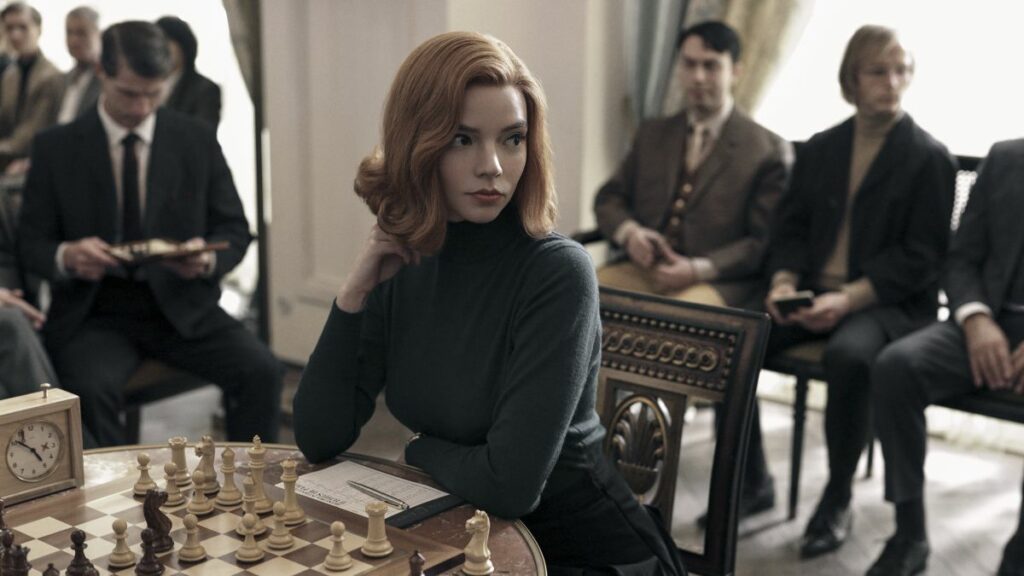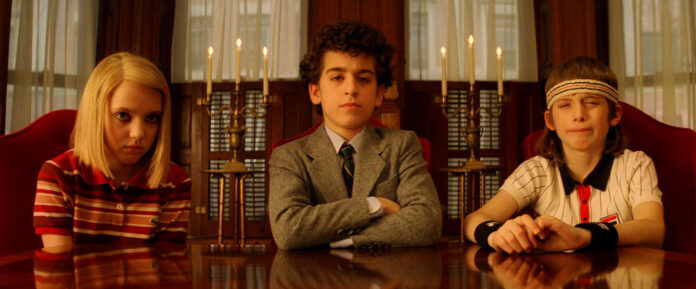By Niki Angelopoulou,
Intellectual, witty, quick on their feet, sometimes awkward or introverted and always very smart. Sounds familiar? These are the archetypal traits of a genius in almost every movie or TV show. And, although they may seem accurate, they can be very misleading as well.
First of all, we have to understand what an archetype is and why it is important. An archetype can be described as “the original pattern or model of which all things of the same type are representations or copies.” Basically, that means that an archetype is a “perfect example” of something, based on the image we built about things that resemble it. Books, movies and shows use archetypes to introduce us to characters in a way in which will feel more familiar. In that sense, archetypes are useful because with little information we can deduct parts of someone’s character that is not directly portrayed. There are two main subcategories when it comes to the archetype of a “genius”.
The first one is the child prodigy, characteristically pictured in “The Queen’s Gambit”, “The Royal Tenenbaums” and “Matilda”. The child prodigy is presented as a mini adult with a “specialty area” that they are particularly good at. Their gift, however, condemns them to a childhood without fun, games and friends. Child prodigies have always fascinated pop culture. Are they born or made? Should we envy their talents, or pity them? And what happens when they grow up? These are all valuable questions, to which movies mainly give a pessimistic answer. These children are depicted as isolated and lonely, not only in their young years, but also as they grow up. The weight of expectations placed upon them can be unbearable for these little perfectionists and it usually drives them to burn out.

The second one is the “loner genius” like Sherlock Holmes, Gregory House and Will Hunting. This trope is based on real people like Steve Jobs and Mark Zuckerberg, who have expressed a great amount of intelligence, while simultaneously being socially awkward or introverted. These geniuses often share similar skills like deductive reasoning, accelerated though process, intuition and eidetic memory, suggesting a quick mind that others cannot keep up with. Along with these traits, however, they seem to have a problem with understanding others’ emotions and communicating skills. This makes them outcasts and the loneliness and isolation often drive them to dangerous habits, like obsessive tendencies and substance abuse.
Here lies the main problem with this particular representation of a “genius”. While the writers of movies and shows try to depict the mental and psychological struggles of having a mind that works differently than most, they end up linking intelligence with isolation and eccentricity. This has a dual effect. Firstly, they romanticize the darker aspects of these characters, viewing them as a necessary evil. Although some of these traits, like quick and abstract cognitive processes, can be linked to mental health issues, that does not mean that they should be viewed like something that can be avoided. Secondly, people expect that a “genius” cannot act, talk or dress like everyone else. This is also wildly untrue, as everyone, no matter their intellectual capabilities needs love and friendship in their lives.
References
Merriam-Webster Dictionaty. Available here.




